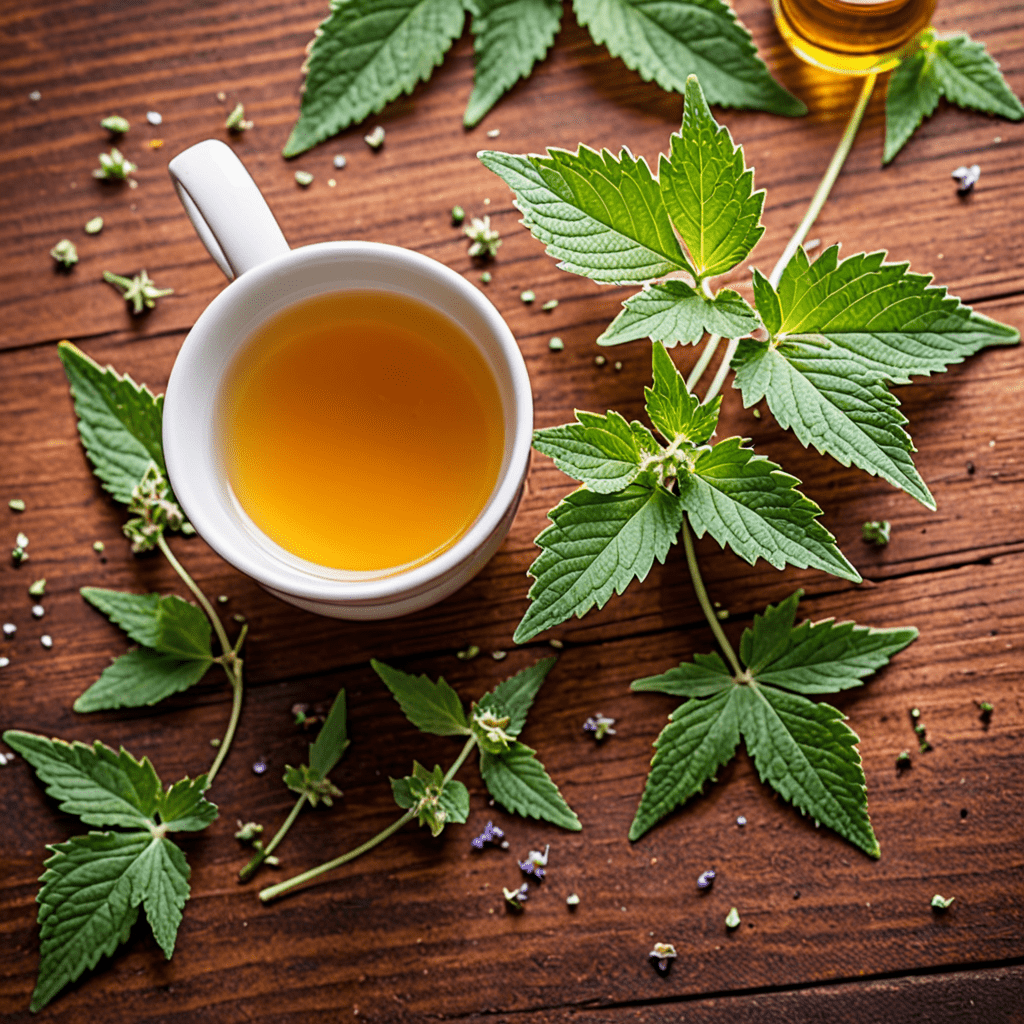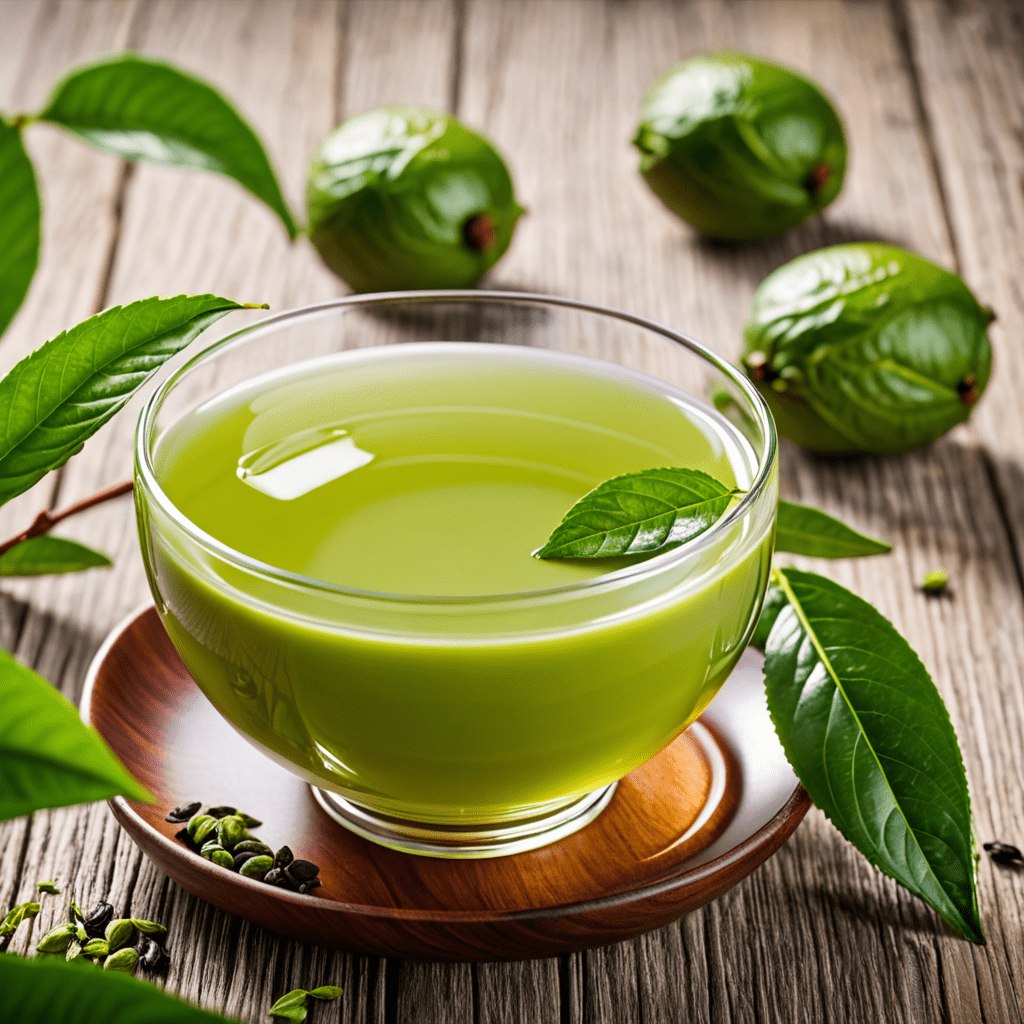
Introduction
Embark on a journey through the captivating world of Ceylon Tea, an emblem of timeless tradition and a cornerstone of global tea trends. Renowned for its rich history, exceptional cultivation practices, and distinctive flavors, Ceylon Tea has played a pivotal role in shaping the tapestry of tea consumption worldwide.
History of Ceylon Tea
The annals of Ceylon Tea trace their origins to the verdant hills of the island nation of Sri Lanka. The British, keen on finding a lucrative alternative to Chinese tea, introduced tea plants to the region in the mid-19th century. Through decades of meticulous cultivation and experimentation, Sri Lankan tea plantations thrived, transforming the country into a global powerhouse in tea production.
Cultivation and Processing Methods
Ceylon Tea's exceptional quality is meticulously crafted through time-honored cultivation and processing techniques. Tea plants are nurtured in the ideal microclimate of the Sri Lankan highlands, blessed with rich soil, ample rainfall, and year-round sunshine. Hand-picked at the peak of freshness, the leaves undergo a carefully controlled process of withering, rolling, oxidation, and drying, each step meticulously executed to preserve their inherent flavors and aromas.
Unique Characteristics and Flavors
Ceylon Tea is celebrated for its unparalleled complexity of flavors. Black teas range from bold and malty to delicate and floral, while green teas showcase a vibrant freshness and subtle sweetness. Each region within Sri Lanka imparts unique characteristics to its teas, influenced by elevation, soil conditions, and microclimates. Whether savored as a classic black tea, a refreshing iced tea, or an aromatic tea latte, Ceylon Tea's distinct flavors captivate the senses.
Global Popularity and Market Share
Ceylon Tea has garnered global acclaim, its distinctive flavors and versatility captivating tea enthusiasts worldwide. Sri Lanka remains one of the leading exporters of tea, accounting for a significant share of the global market. Ceylon Tea's presence extends to every corner of the globe, gracing teacups in homes, cafes, and tea houses alike. Its enduring popularity testifies to its exceptional quality and the enduring allure of its flavors.
Influence on Tea Culture
Ceylon Tea has indelibly imprinted itself on global tea culture. Its popularity has fostered a deep appreciation for tea as a beverage of elegance, sophistication, and well-being. Tea sommeliers and enthusiasts alike are drawn to its diverse range of flavors, seeking out the nuances that distinguish each region and season. Ceylon Tea has inspired countless tea blends and flavor combinations, its versatility extending beyond traditional preparations.
Sustainability and Ethical Practices
Sustainable practices are paramount in the cultivation and production of Ceylon Tea. Sri Lankan tea estates prioritize environmental stewardship, adopting methods that minimize their ecological footprint. Organic farming techniques, water conservation, and responsible waste management are implemented to protect the delicate ecosystem. Furthermore, ethical labor practices ensure fair wages and working conditions for tea workers, preserving the livelihoods of communities that have long depended on the tea industry.
Innovations in Ceylon Tea Production
Innovation plays a vital role in the evolution of Ceylon Tea. Research and development initiatives explore new techniques to enhance quality, efficiency, and sustainability. From precision farming technologies to novel processing methods, the industry embraces innovation to meet the evolving demands of tea consumers. Specialty teas, such as single-origin and flavored teas, cater to discerning palates, while value-added products, like tea extracts and tea-infused beverages, broaden the appeal of Ceylon Tea.
Economic Impact on Producing Countries
Ceylon Tea has been a cornerstone of Sri Lanka's economy for over a century. The industry provides employment to millions of people, from tea pickers to factory workers. Export revenues from Ceylon Tea contribute significantly to the country's GDP, supporting infrastructure development, education, and healthcare. Moreover, the tea industry has spurred growth in related sectors, such as tourism and hospitality, creating a multiplier effect that benefits the entire nation.
Conclusion
Ceylon Tea stands as a testament to the harmonious interplay of tradition and innovation. Its rich history, exceptional cultivation practices, and distinctive flavors have captivated tea enthusiasts worldwide. As the industry continues to evolve, Ceylon Tea remains a beacon of quality, sustainability, and cultural significance. Its enduring legacy will undoubtedly continue to shape the tapestry of global tea trends for generations to come.
FAQs
What is the difference between Ceylon Tea and other teas?
Ceylon Tea is renowned for its unique flavors and characteristics, attributed to its cultivation in the ideal climate of Sri Lanka. Its complexity of flavors, ranging from bold and malty to delicate and floral, distinguishes it from other teas.
How is Ceylon Tea processed?
Ceylon Tea undergoes a carefully controlled process of withering, rolling, oxidation, and drying. Each step is meticulously executed to preserve the inherent flavors and aromas of the tea leaves.
Is Ceylon Tea sustainable?
Sustainable practices are deeply ingrained in the cultivation and production of Ceylon Tea. Tea estates prioritize environmental stewardship, adopting organic farming techniques, water conservation, and responsible waste management. Ethical labor practices also ensure fair wages and working conditions for tea workers.
What are the economic benefits of Ceylon Tea?
The Ceylon Tea industry is a significant contributor to the Sri Lankan economy, providing employment to millions of people and generating export revenues. It also spurs growth in related sectors, such as tourism and hospitality, creating a multiplier effect that benefits the entire nation.
How can I enjoy Ceylon Tea?
Ceylon Tea can be enjoyed in various ways, including as a classic black tea, a refreshing iced tea, or an aromatic tea latte. It also serves as a versatile ingredient in tea blends, cocktails, and culinary creations.


